fibrosarcoma in cats uk
Post-vaccination sarcomas in cats usually involve the fibrous connective tissue so they are called fibrosarcomas. In the UK the.
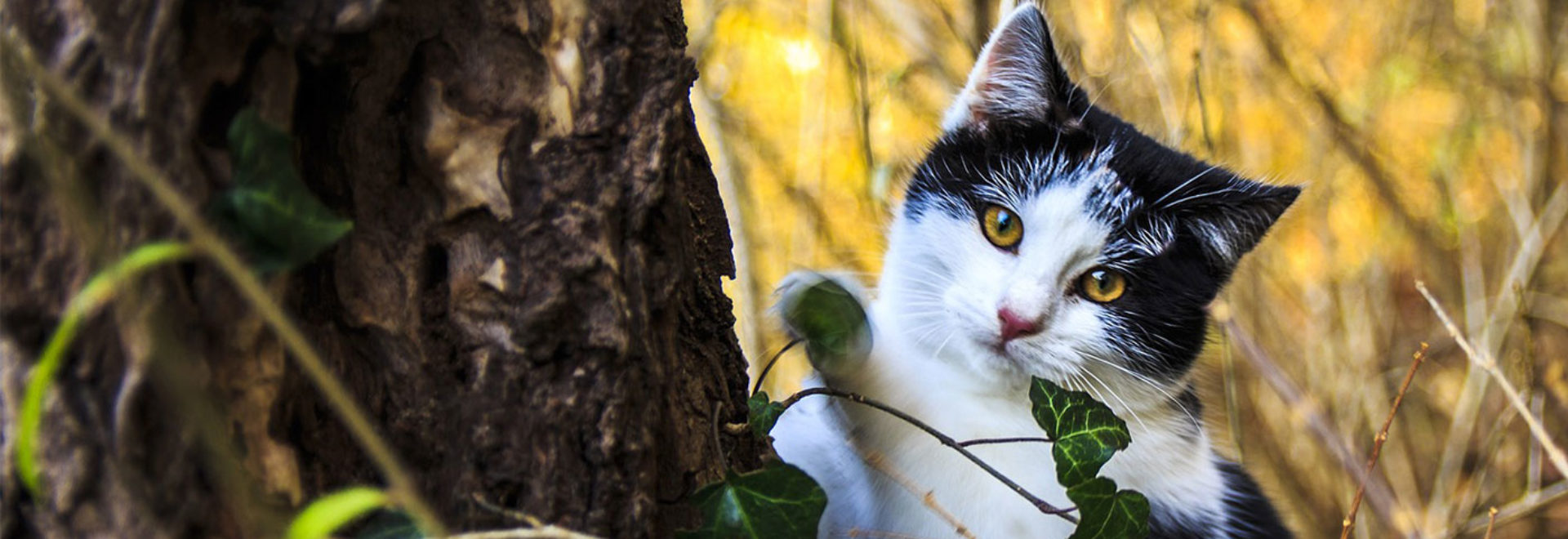
Position Statement On Microchipping International Cat Care
Predilection sites used to be the shoulder ears and feet.

. It is a mesenchymal tumor meaning it affects cells wh9ich grow into connective tissue specifically. Vet formulated to support your pets complete body in the fight against cancer. Vaccine associated fibrosarcomas are tumors that arise at sites where cats have been vaccinated.
Fibrosarcoma is often caused by a tumor that forms at the injection site of a vaccine. As a relatively common type of cancer in cats it accounts for 6 to 12 of feline tumors. Fibrosarcomas are the second most common oral tumor in cats.
These specific tumors result when fibroblast cells divide in an abnormal fashion. Fibrosarcomas are common in older cats. The cause has not been established although cancers more.
Cat Fibrosarcoma Fibrosarcomas are a type of soft tissue sarcoma STS and in general this term acts as an umbrella for a variety of tumors including fibrosarcoma-connective tissue chondrosarcoma-cartilage liposarcoma-fat tissue hemangiosarcoma-blood vessel cells nerve sheath tumor hemangiopericytoma-cells supporting blood vessels malignant fibrous. They are most commonly associated with the rabies vaccine and the vaccine for feline leukemia virus. Lower leg and foot tumors are now rare.
These tumors arise from the fibrous and connective tissues of the oral cavity. Cats that are afflicted with gingival fibrosarcomas are on average seven and a half years old but these tumors have been seen in cats from the age of six months to fifteen years. A sarcoma is a term used to describe a malignant cancerous tumor of the connective tissues which include skin muscles bone cartilage peritoneum and blood vessels.
On a deeply scientific level the true cause of the disease is not yet understood but it is definitely associated with the administration of long. Call 530-752-1393 to schedule an appointment with the Oncology Service. Almost 50 are now between the shoulder blades or on the back of the neck with 25 on the chest and flanks.
Fibrosarcoma in cats is a medical condition that occurs when tumors develop usually in the soft tissue. A vaccination is a primary cause of both benign and malignant local cases. A fibrosarcoma FSA is an aggressive type of malignant growth cancer that consists of fibroblasts.
Most common skin tumor in the cat in some surveys. They usually form within connective tissue cartilage and fat under a cats skin. Subset of sarcomas Sarcoma.
Gender appears to play some role with male cats being seen for gingival. Cats can develop symptoms as a side effect of a vaccination which then develops into more concerning symptoms signaling that something isnt right. Oral fibrosarcomas are the second most common malignant oral tumor in cats.
Vaccine associated fibrosarcomas are tumors that arise at sites where cats have been vaccinated. Fibrosarcoma in cats uk. Also known as fibrous sarcoma in cats feline fibrosarcoma is a type of soft tissue sarcoma which commonly appears at the injection site when hypodermic needles are used.
Neoplastic proliferation of connective tissue. There are three causes of fibrosarcoma. The most common location for a fibrosarcoma of the the mouth is in the gums gingiva.
Fibrosarcoma is a cancerous growth that can attack several different parts of your cats body. The median survival time of cats with a tumor of mitotic index 6 or more in. May be at injectionvaccination site Feline injection-site associated sarcoma in USA - between scapula femoral areahind leg.
Fibrosarcoma is the most common malignant soft tissue cancer in the cat. Most common skin tumor in the cat in some surveys. Fibrosarcoma is a cancerous growth that can attack several different parts.
Following removal of fibrosarcomas from the pinna or flank in 6 cats none died as a result of the tumor but 24 of 35 70 cats with fibrosarcoma in the skin of the head back or limbs were euthanatized because of local recurrence usually within 9 months of surgery. What is a fibrosarcoma. In medium- to-longhaired cats the lesion may progress even further until it is large enough to be noticed when petting.
Ad Help your pet fight cancer with NHVs most popular Cancer Pack. Feline Injection Site or Vaccine Associated Fibrosarcoma is a rapidly progressive and aggressive tumour affecting cats. These tumors behave in variable manners but many grow rapidly.
Currently vets cannot identify the precise cause of the condition in cats. Treatment for FSA is usually surgical at least initially. It may achieve substantial size before it is first noticed because it begins in or under the skin.
These tumors are very invasive locally meaning they invade the adjacent tissues which can make management difficult. Can occur at sites other than the skin - nasal and oral cavities bone spleen eye. It originates in the fibrous connective tissue and is the most common soft tissue tumour to affect cats.
Fibrosarcomas can appear in cats of any age but are more. Swelling loss of appetite. Fibrosarcoma first appears on your kitty as a firm mass.
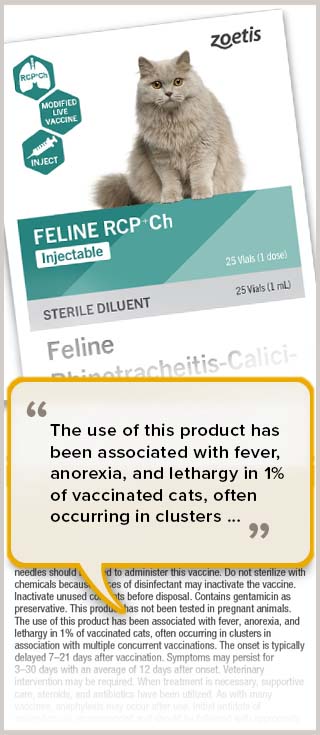
Clusters Of Suddenly Sick Cats Roil Some Veterinary Clinics News Vin
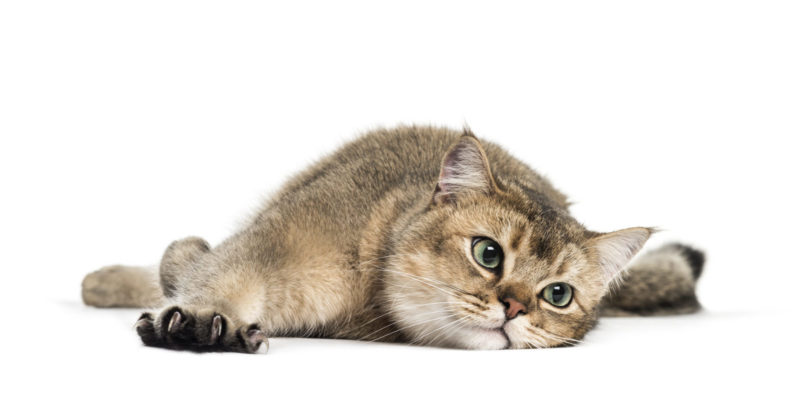
Top Four Cat Cancers Vetsavers Pet Hospital

Feline Injection Site Sarcomas Causes Symptoms Treatment All About Cats
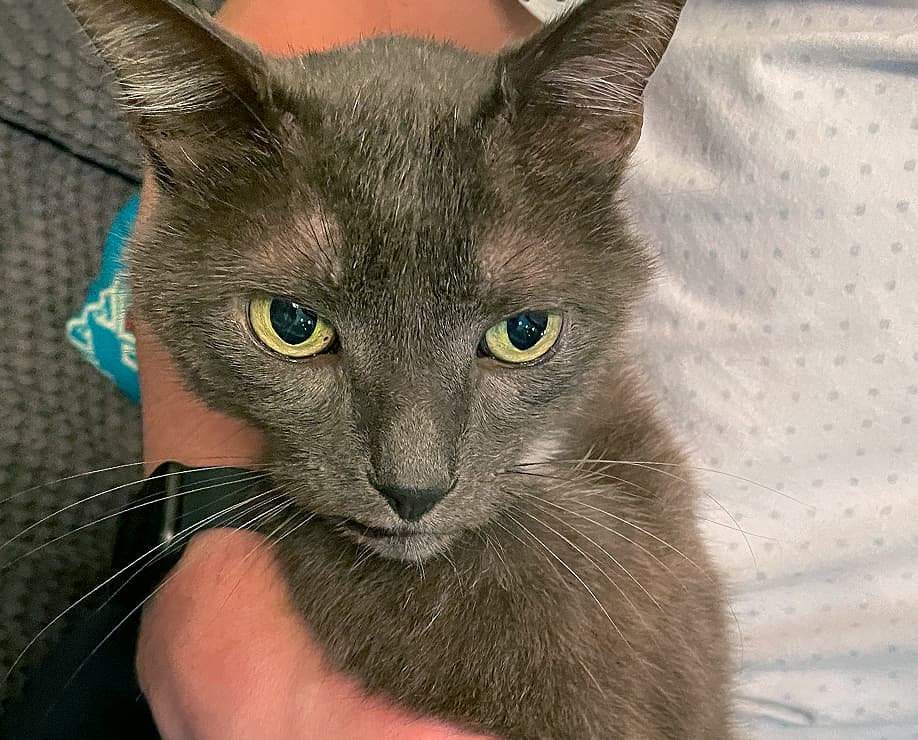
Feline Injection Site Sarcomas Fiss George Wins The Day Southfields

Aafp Releases New Feline Vaccination Guidelines The Conscious Cat
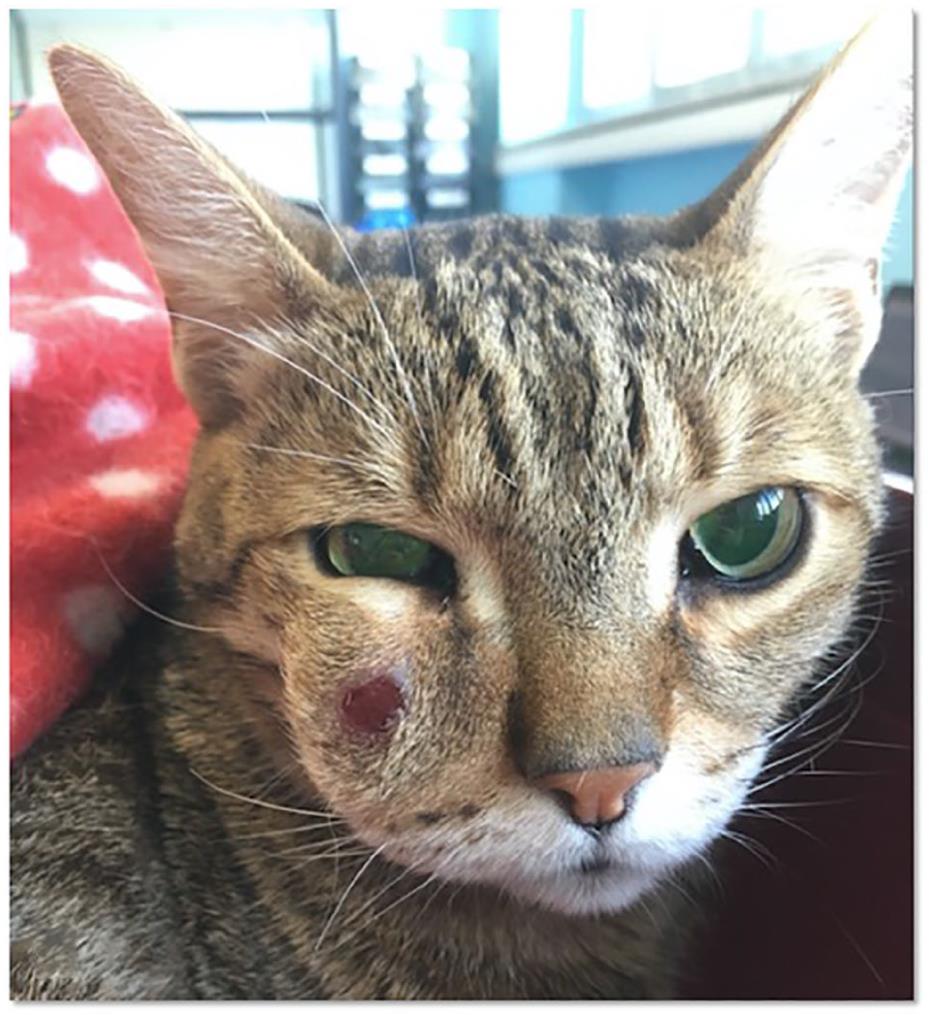
Neoadjuvant And Adjuvant Doxorubicin Chemotherapy In A Case Of Feline Soft Tissue Sarcoma

Home Jonathan Wood Veterinary Surgeons

Cancer In Your Dog And Cat Ron Hines Vetspace 2nd Chance The Animal Health Website
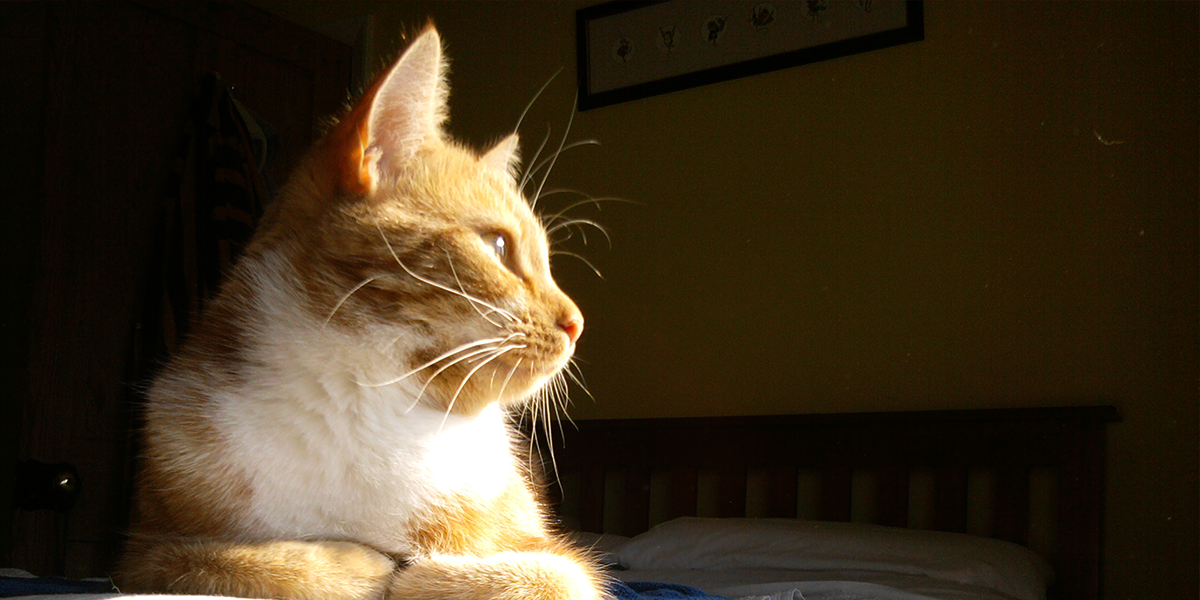
Fibrosarcoma Soft Tissue Sarcoma International Cat Care

Feline Injection Site Sarcomas The Veterinary Nurse

Feline Injection Site Sarcomas The Veterinary Nurse

Pdf Feline Injection Site Sarcoma Semantic Scholar

Feline Injection Site Sarcoma Today S Veterinary Practice
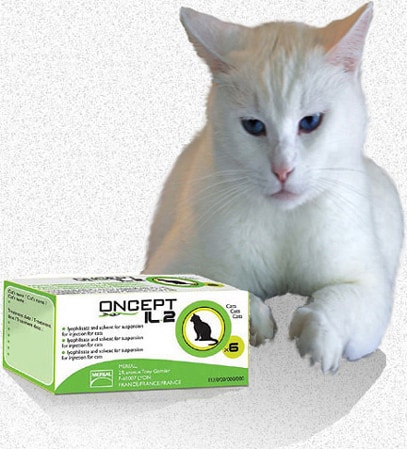
Oncept A New Treatment For Vaccine Tumors In Cats Merial Boehringer Ingelheim S Fibrosarcoma Vaccine Ron Hines Vetspace 2nd Chance The Animal Health Website
/GettyImages-11673268481-ff230807a7e04e2db8e38e148edb19a5.jpg)